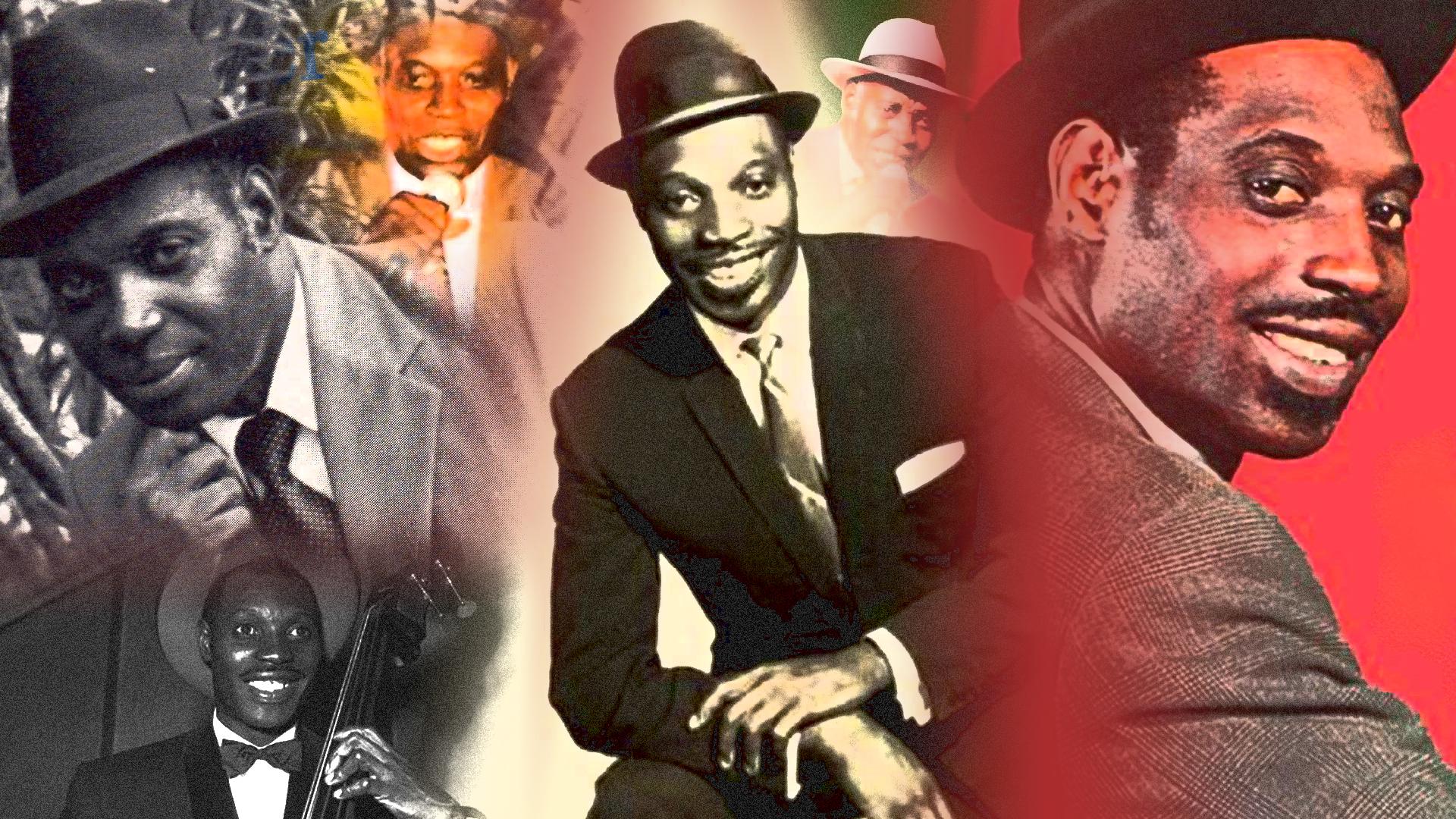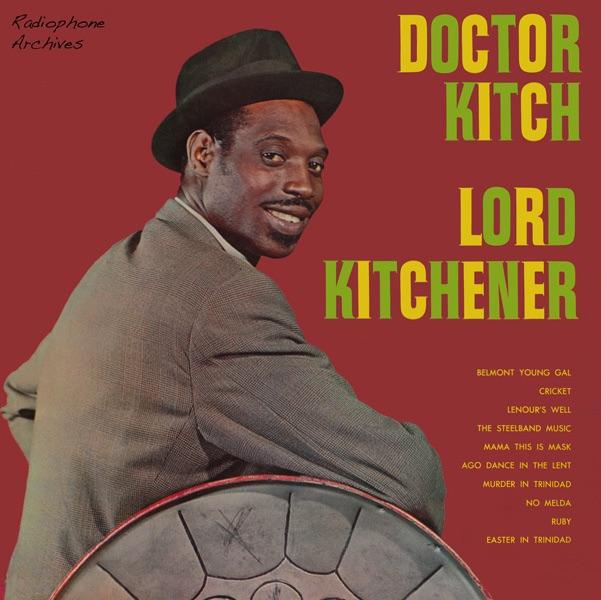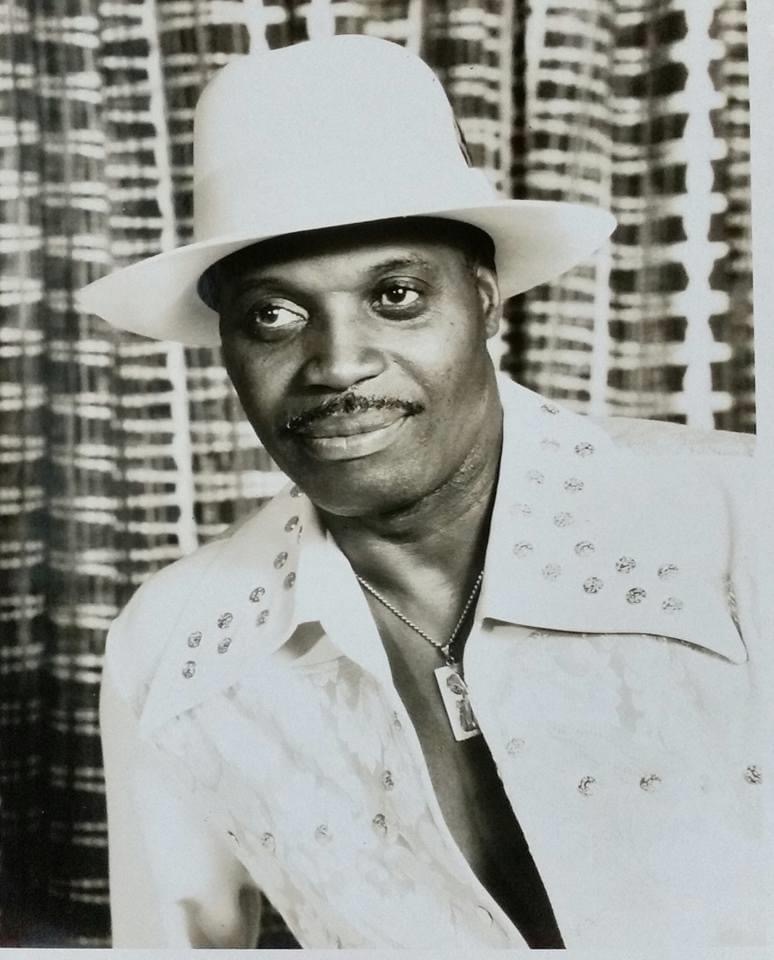I miss his eye, and wit and simplicity. Kitch had appointed himself the disciplinarian for steelbandsmen



Theodore Lewis
I agree with Martin Daly when he asks what’s left of Carnival. I think this society has undergone massive memory loss, and cultural decay. Carnival, because of its centrality to national identity, places that loss in greater relief. On Carnival Tuesday, as a boy, I saw bands by George Bailey, Cito Velasquez, Harold Saldenah. I saw the sailor bands. I heard robber speech. Saw truckloads of stick fighters heading to gayelles.
The decline is general. Southern Games used to attract world-class athletes here. It was the cauldron from which we turned out the medallists in Tokyo in 1964.
I have digressed a bit, but this brings me to Kitchener upon whom the country, especially the panmen, used to depend to get us in the Carnival spirit. I am missing Kitchener from our Carnival, and not just this year.
I miss his eye, and wit—and simplicity. Kitch had appointed himself the disciplinarian for steelbandsmen. He was familiar with their circumstances and offered tough love. He brought them music but wanted them to behave.
His return to T&T coincided with the onset of Panorama in 1963. He salivated. Kitch ruled the Panorama from its inception in 1963 till his death in 2000. At the turn of this century, he was still relevant, giving us “Toco Band”.
In 1963 he penned “The Road”. Any steelband man who ventured to break this band, would be in trouble with him.
In 1966 he was back lamenting the violence of Carnival 1965 in his song, “Law and Order”. He said he was “ordering licks” for bad behaviour. “Everybody fight because Kitchener wasn’t dey”. No one “take me height”—one of his quaint, beautiful metaphors.
But beyond his scoldings, he had gotten off the plane at Piarco in 1964 and given the pan men “Mama Dis is Mas”. There were three memorable versions of this by Hilanders, Despers and Pan Am Jet North Stars, all now our YouTube.
He, at some point, decided he could help panmen by providing built-in tutelage in his songs, showing ways in which the music could be deployed. “Pan In A Minor” was an object lesson. He was the grandmaster, and for this, he introduced Ken “Professor” Philmore, tenor virtuoso to the public. This was path-breaking. Professor showed the panmen the technical possibilities of the tune. Kitch said the panmen were bored and were asking for something new, so he gave them the minor chord which dominates the calypso.
In 1979 he came with “Symphony in G”. But the panmen decided there would be no Panorama that year. In silence they crossed the Savannah stage on Carnival Day. Except Desperadoes. Kitch did not miss that. Desperadoes, the so-called government band, one of the most solid institutions in this country, made their own rules.
The next year, 1980, he penned “No Pan”, which I find to be a special song in many ways.
“No pan, no pan, no pan on the scene, ah bawling oi, ah say what is wrong with them. No pan no pan that is what they mean, ah bawl out oh, well we go have a real problem.” When Kitch says “dem”, he makes clear these were fellow travellers, these pannists, people with whom he broke bread. He says “dem” in a knowing way.
“No pan, no pan, no pan on the scene, ah bawling oi, ah say what is wrong with them. No pan no pan that is what they mean, ah bawl out oh, well we go have a real problem.” When Kitch says “dem”, he makes clear these were fellow travellers, these pannists, people with whom he broke bread. He says “dem” in a knowing way.
“They say it is time and it’s long overdue.
“Steelband man have woman to mind, too!” This is a line for the ages. Who has ever written a more incisive line in calypso?
“Since we can’t get the money we want dem to know openly, they can play dey mas with guitar and brass…”

Kitch reminds us that when Despers broke the ban, the tune that they played for the public was his “Symphony in G”.
Then in 1990 Renegades won the Panorama with “Iron Man”… a Kitchener song. Jit Samaroo had gotten an angle on Kitch. The runner-up was Fonclaire, with “Pan by Storm”, composed and arranged by Ken “Professor” Philmore, him leading from the front, playing a tenor.
This was one of the hardest losses in the history of pan.
Not unfair, just hard. Professor Philmore will never get over it. The usual with south being left holding the sh*tty end of the stick.
In 1991 in muted, celebratory mood, reflecting on the Renegades win with his song, Kitchener came something private to communicate with “Pan Dingolaying”. The one hurdle he had was that the losing band was Fonclaire. How could he heap praise on his boy Jit Samaroo, without disrespecting his protégé Ken Professor?
This required delicacy, and here we saw vintage Kitch, the diplomat.
“Now dey waiting on professor
San Fernando, Little hero
Well they set the place on fire when he did perform, his Pan by Storm,
Had them on dey toes, jumping out dey clothes
Ah Professor Ike, say he bound to win tonight
But up come Renegade… really start to parade…
And in the judges’ view, he was close second to Jit Samaroo.”
No gloating here. It’s fair play. Kitch takes himself out of it. It was “in the judges’ view”. Discipline required that it had to be accepted.
This man was the griot of the Panorama. And in the fabric of the Panorama you can see a narrative that essentially comes from his wonderful eye and brain. Notice the trick of treating Renegades in the singular (Renegade) so it could rhyme nicely with parade.
Elsewhere in the song he converts the word “applause” so it could rhyme with “more” as follows:
“Heart racing, flag waving, with thunderous applore
Everybody shouting and wanting more more, more more!
For his song “Sixty-Seven”, he had invented the word “pwefm”.
THE WRITER is professor emeritus, University of Minnesota.
First published in the Trinidad Express on Thursday, February 1, 2018 .
